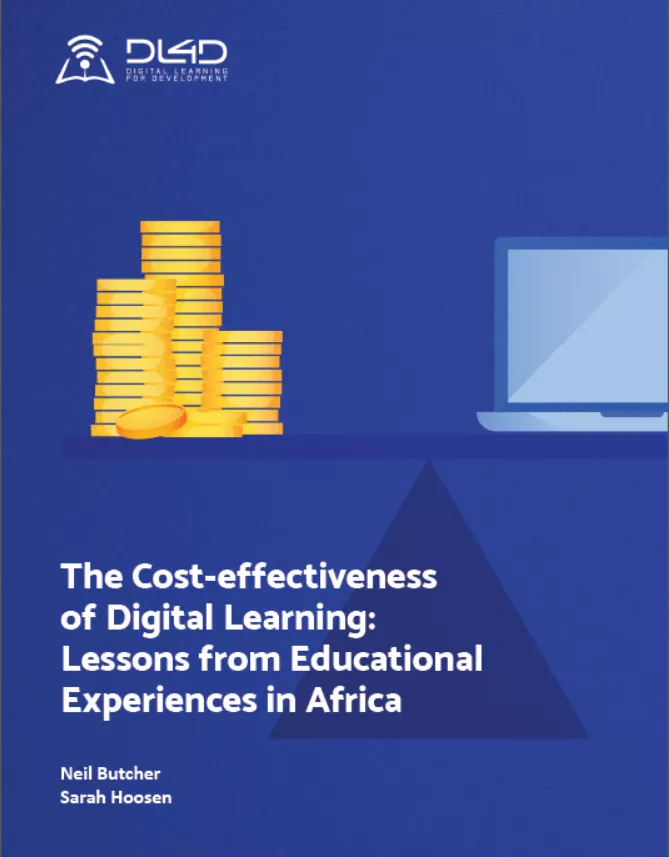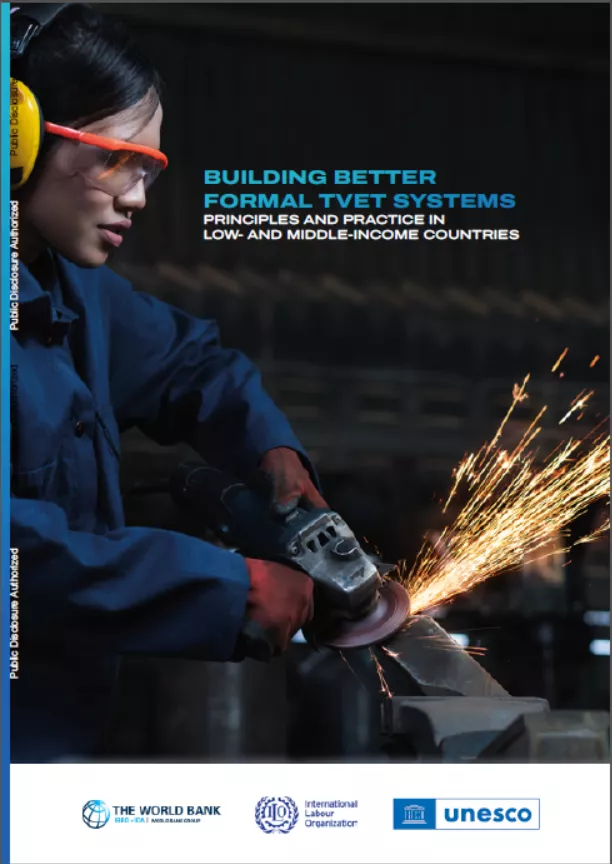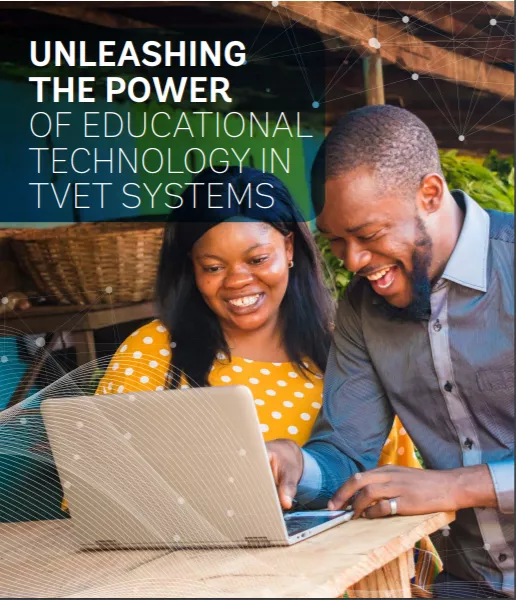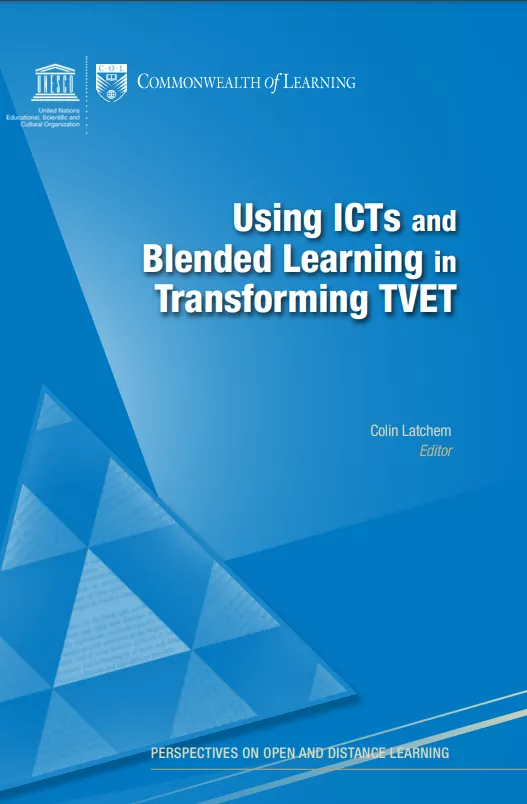
The Cost Effectiveness of Digital Learning: Lessons from Educational Experiences in Africa
This paper considers some of the challenges in defining digital learning and the political challenges in measuring cost-effectiveness. It then focuses on issues of cost-effectiveness using examples from three initiatives: the Nepad e-Schools Total Cost of Ownership (TCO) financial modelling tool, the adaptation of the UNESCO ICT Competency for Teachers (CFT) professional development course for teachers, and the South African Institute for Distance Education (SAIDE) Facilitating Online Learning course (FOLC).







